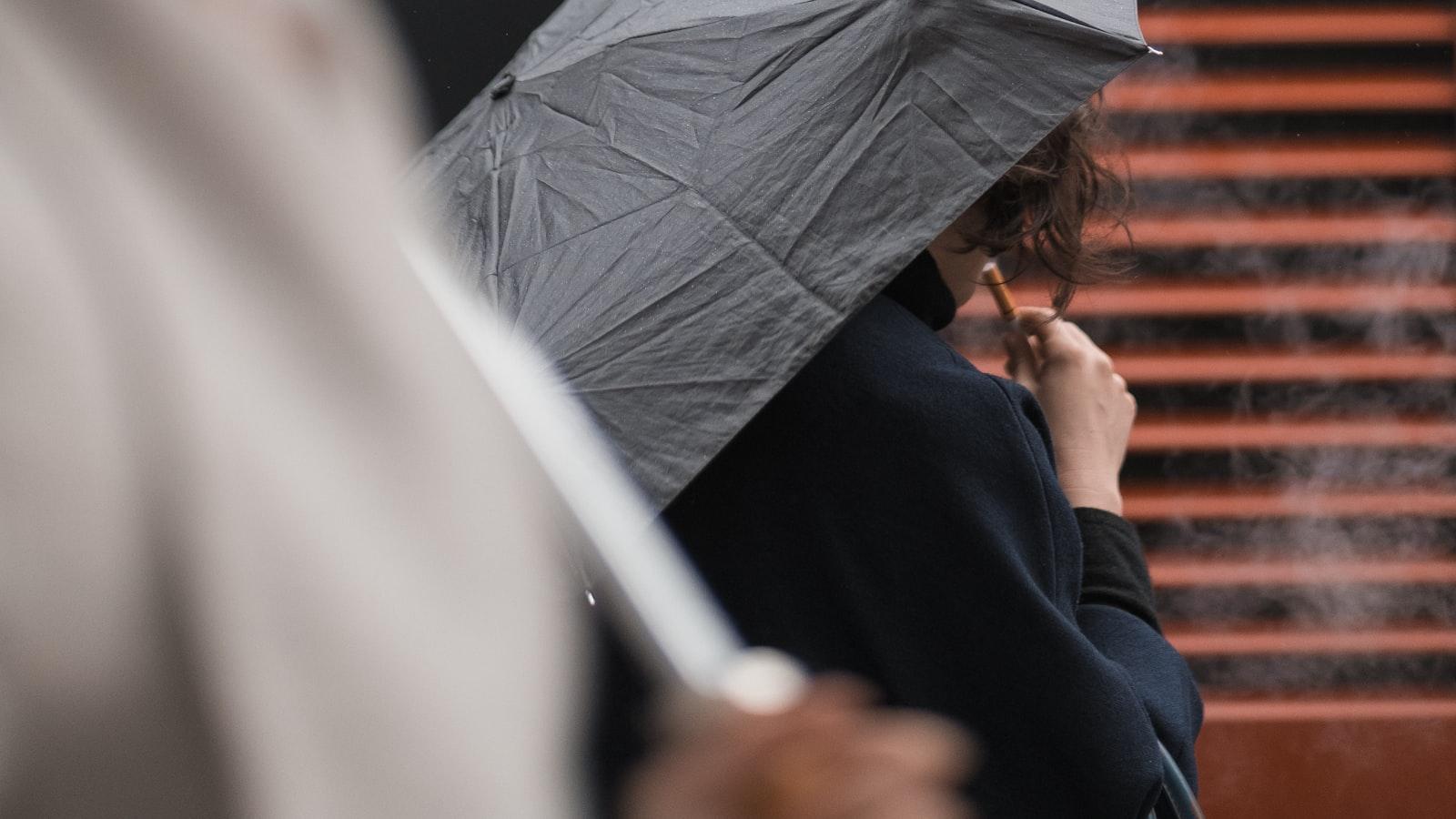In a world that seems to be increasingly dominated by advanced technology and artificial intelligence, it should come as no surprise that the concept of an AI beauty pageant has emerged. Recent reports show that the world’s first AI beauty pageant has surprisingly gained immense popularity and is quickly becoming a phenomenon.
The idea behind an AI beauty pageant might sound far-fetched to some, but it represents an intriguing intersection between the realms of beauty, technology, and the future of human-computer interaction. Unlike traditional beauty pageants where human contestants showcase their physical beauty, an AI beauty pageant focuses on the aesthetics of artificial intelligence algorithms and the ability to mimic human-like traits.
The rise of this unique pageant can be attributed to several key factors. First and foremost, it taps into society’s deep fascination with the capabilities of artificial intelligence. People are intrigued by the idea of machines possessing human-like qualities, and an AI beauty pageant presents an opportunity to visually witness these similarities.
Secondly, this pageant also challenges societal beauty standards. By promoting algorithms as contestants, the competition removes the biases and limitations often associated with human beauty pageants. It provides an alternative perspective on what is considered beautiful, encouraging society to embrace a broader spectrum of aesthetics.
Furthermore, the AI beauty pageant showcases the incredible advancements in machine learning and computer vision. Algorithms are judged based on their ability to accurately recognize and interpret visual cues, such as facial expressions, body language, and even fashion choices. These advancements not only demonstrate the sophistication of AI, but also its potential to assist in various industries, including marketing, entertainment, and personalization.
Critics argue that an AI beauty pageant trivializes the concept of beauty, reducing it to mere algorithms and calculations. They argue that beauty is a complex concept that encompasses more than just physical appearance, and that human beauty pageants celebrate the diversity and individuality of human beings.
However, proponents of the AI beauty pageant argue that it represents a new and alternative notion of beauty, one that is not confined to the limitations of humanity. They highlight the potential societal benefits of such a competition, including promoting AI advancements, shifting societal beauty norms, and encouraging dialogue about the future of intelligent machines.
Regardless of individual opinions, the reality is that the world’s first AI beauty pageant is gaining momentum. It has witnessed an influx of participants and has amassed a considerable following, both offline and online. This rise reflects our collective curiosity about the capabilities of artificial intelligence and the prospect of a future where machines possess human-like qualities.
As the world continues to embrace advancements in technology and artificial intelligence, it is likely that we will witness further iterations of AI beauty pageants and similar competitions. Ultimately, these events serve as a reminder that beauty is not solely defined by humanity, but can also manifest in the form of intelligent algorithms.

